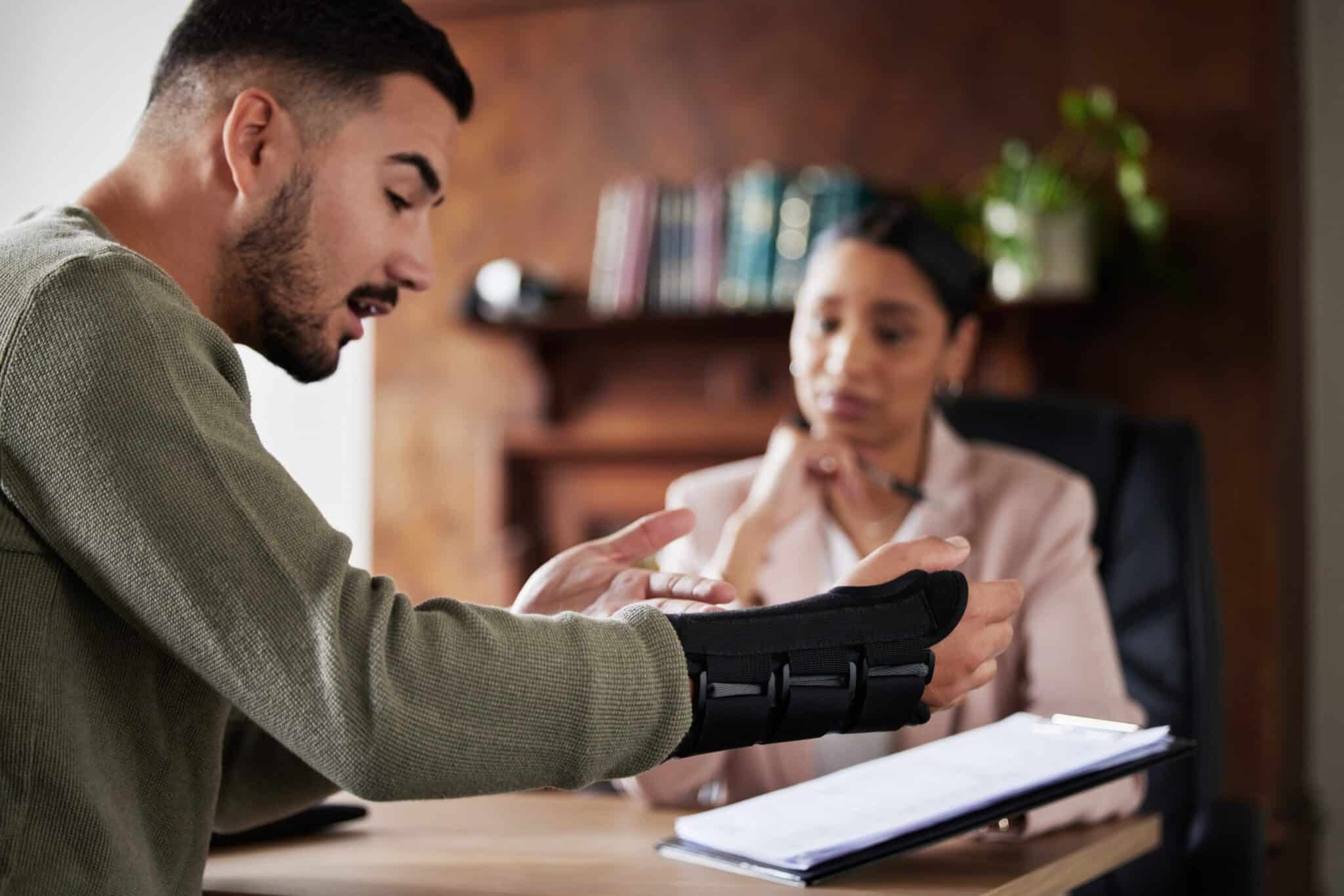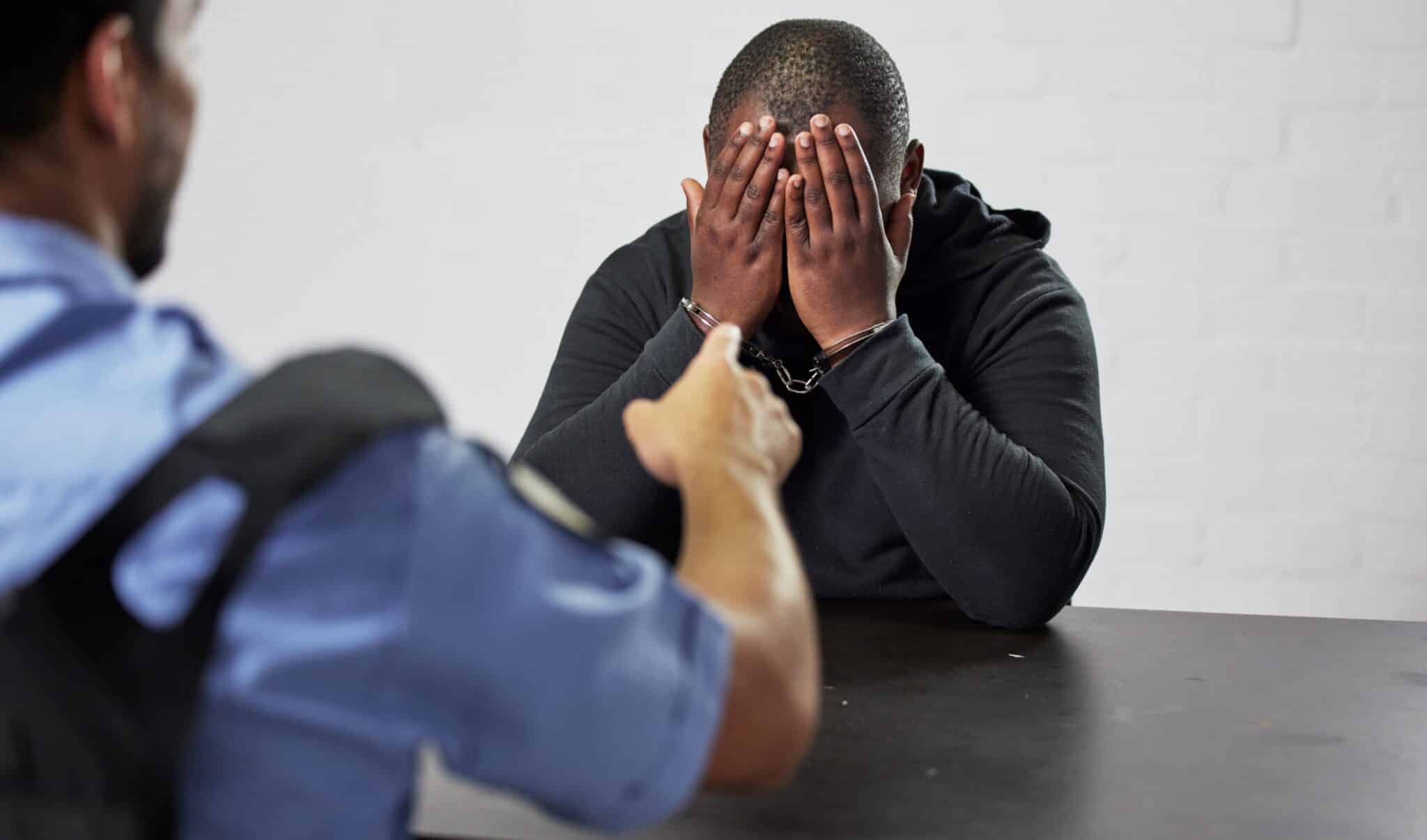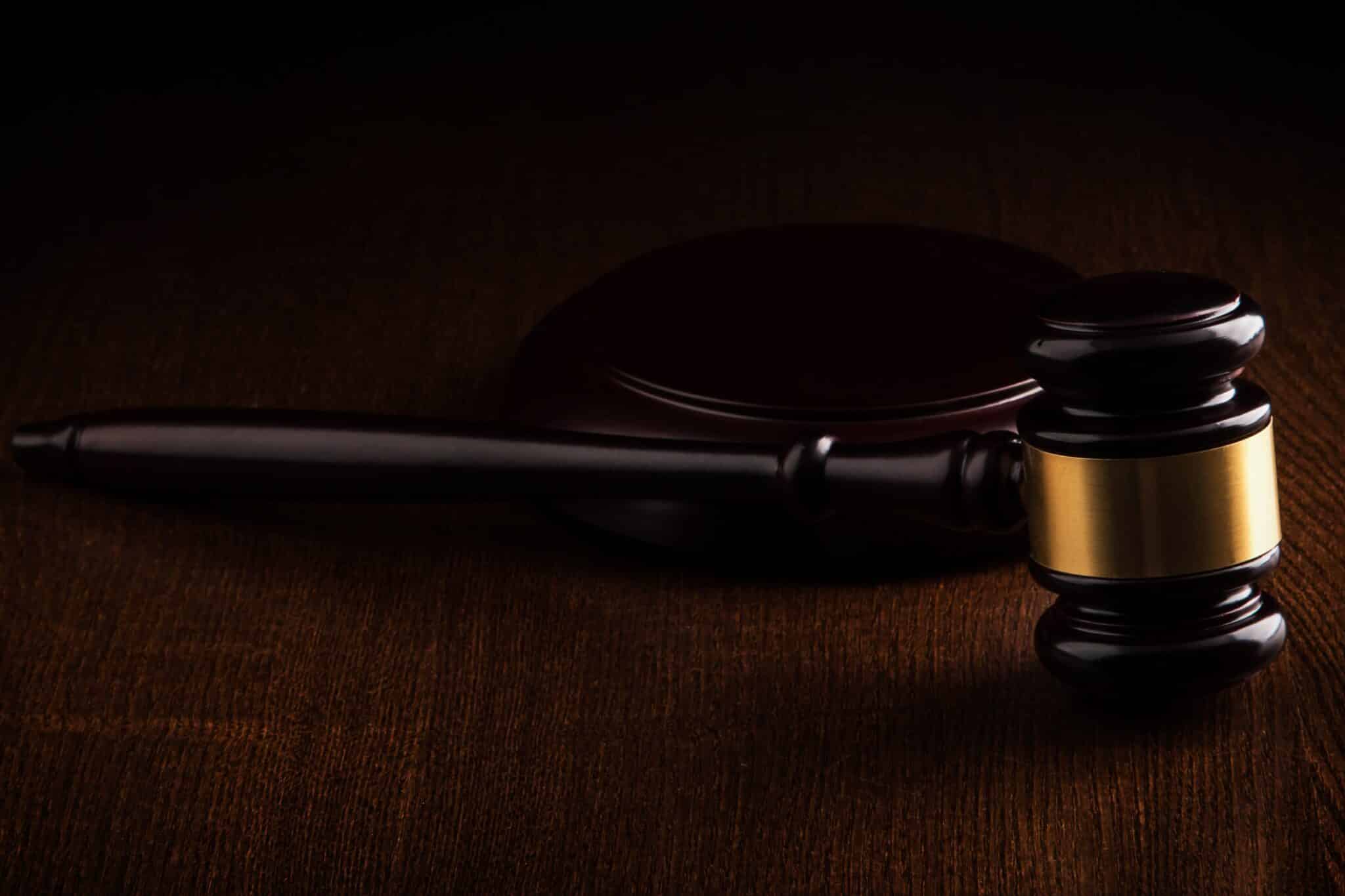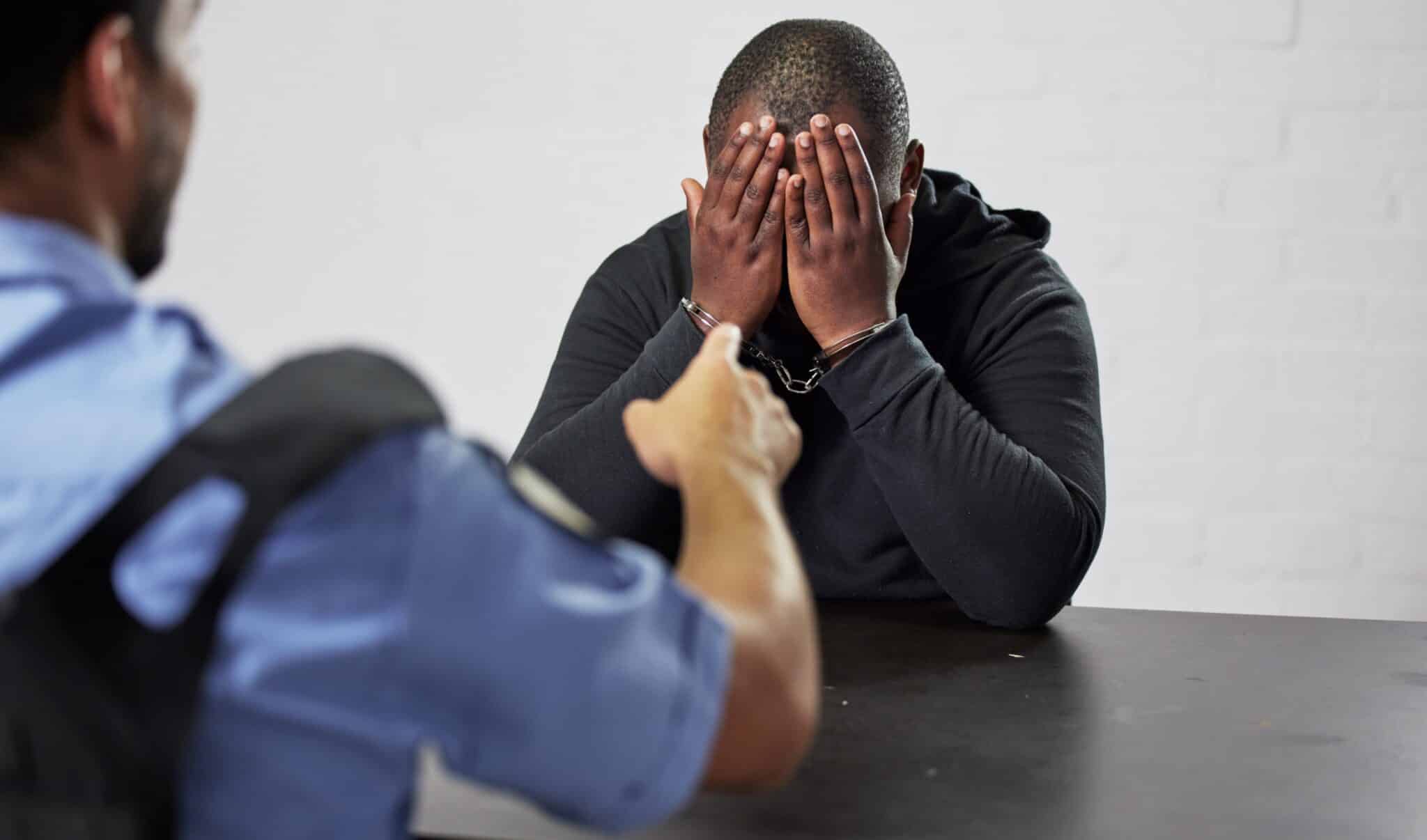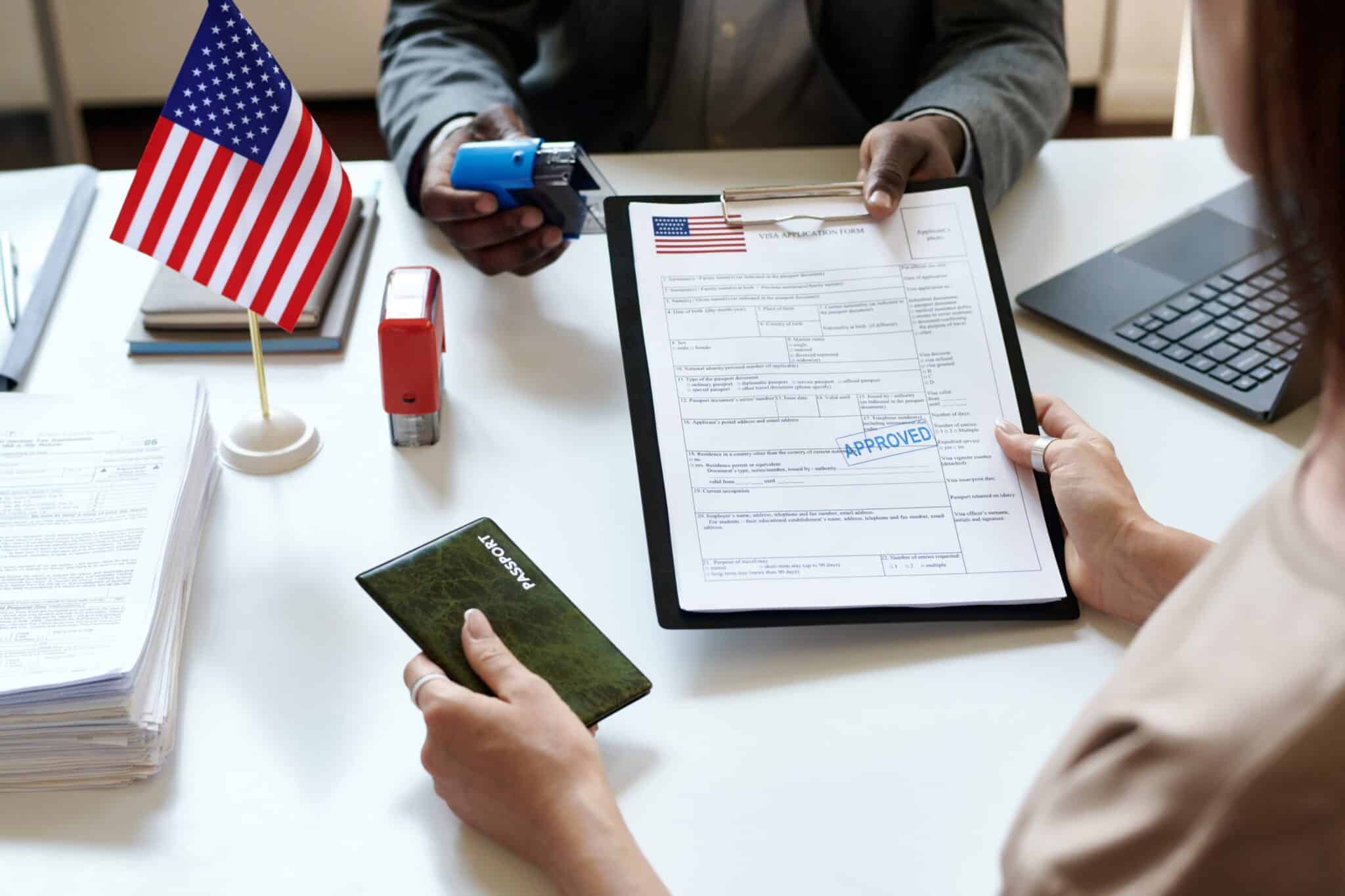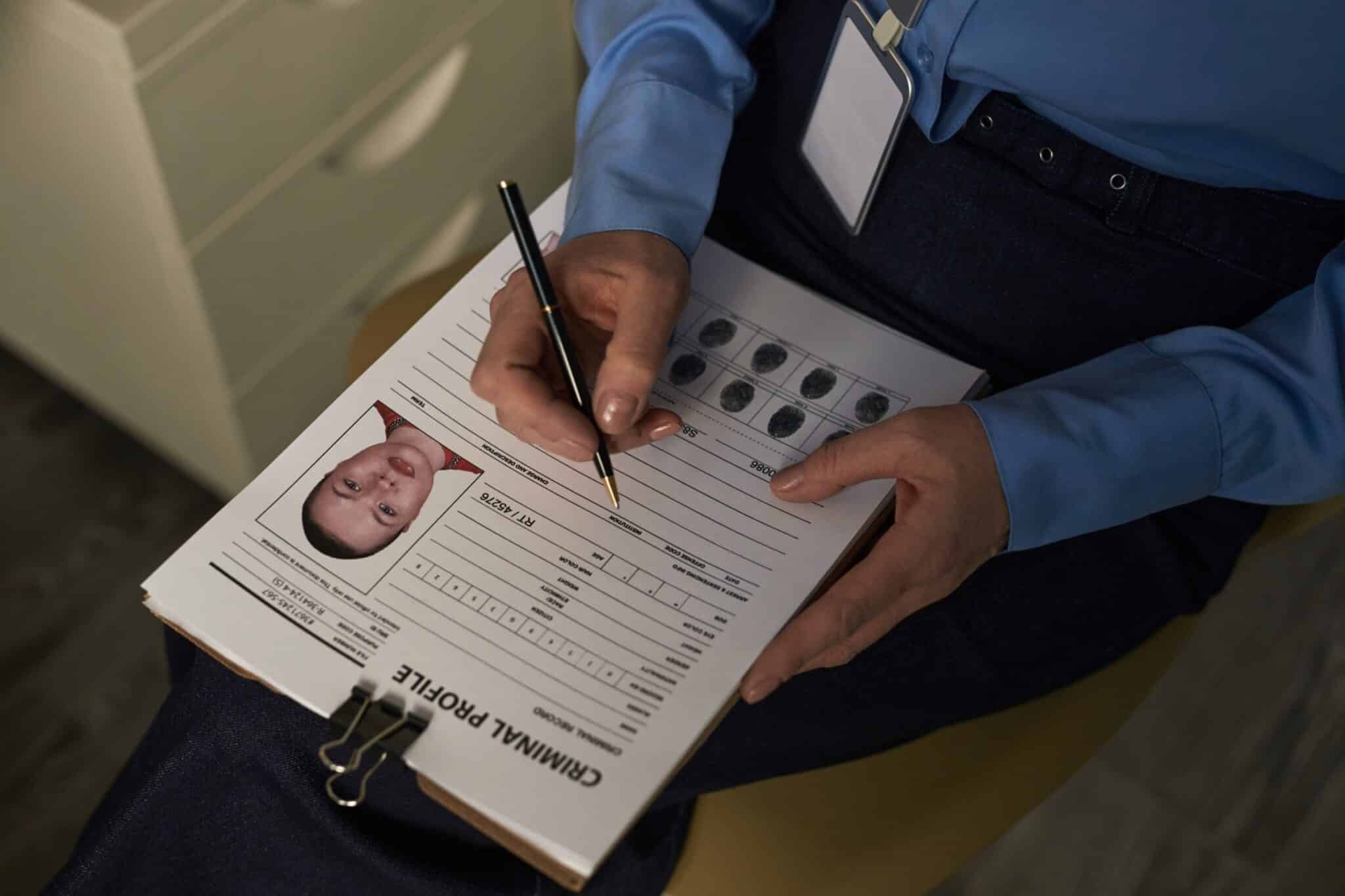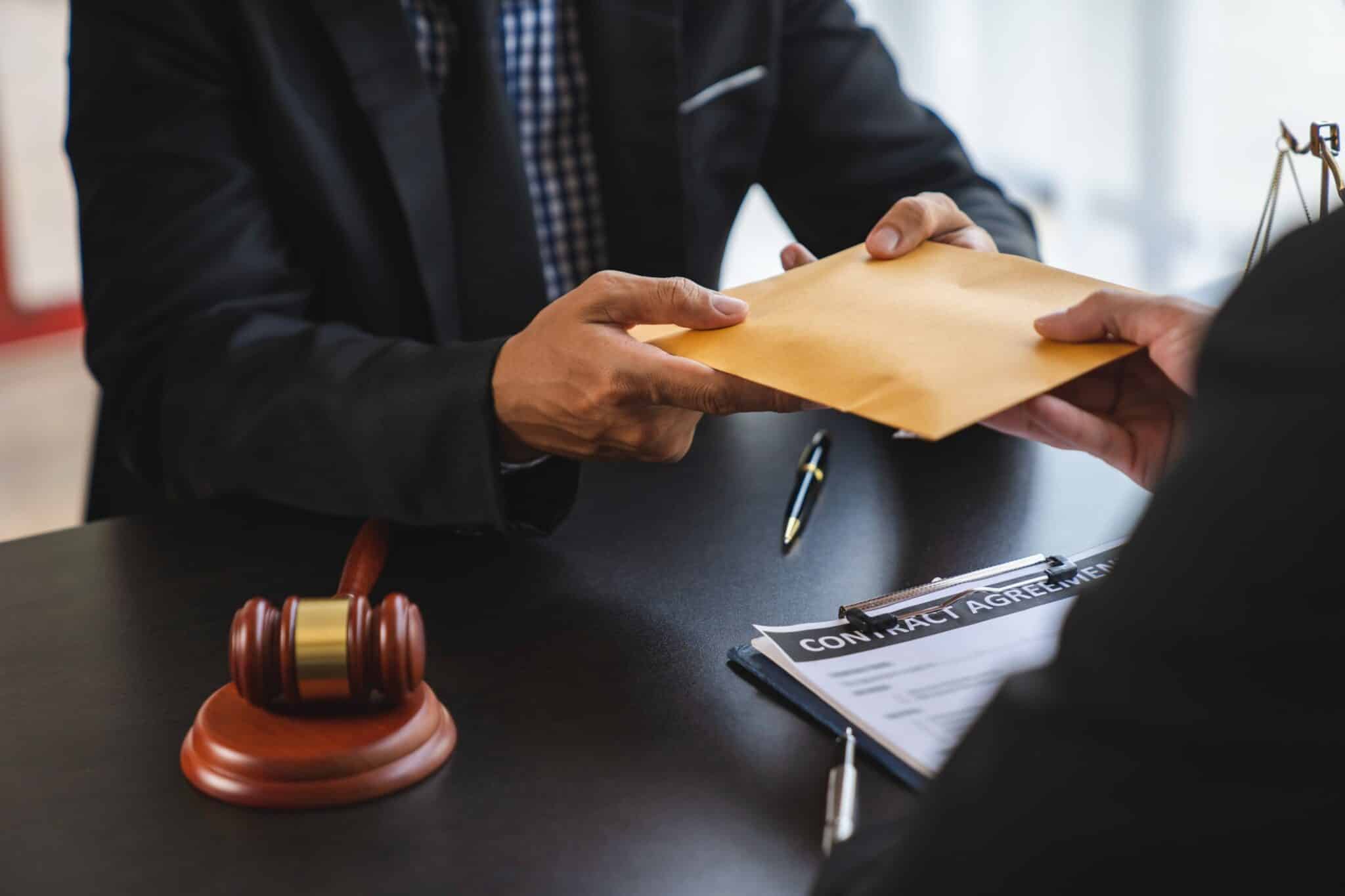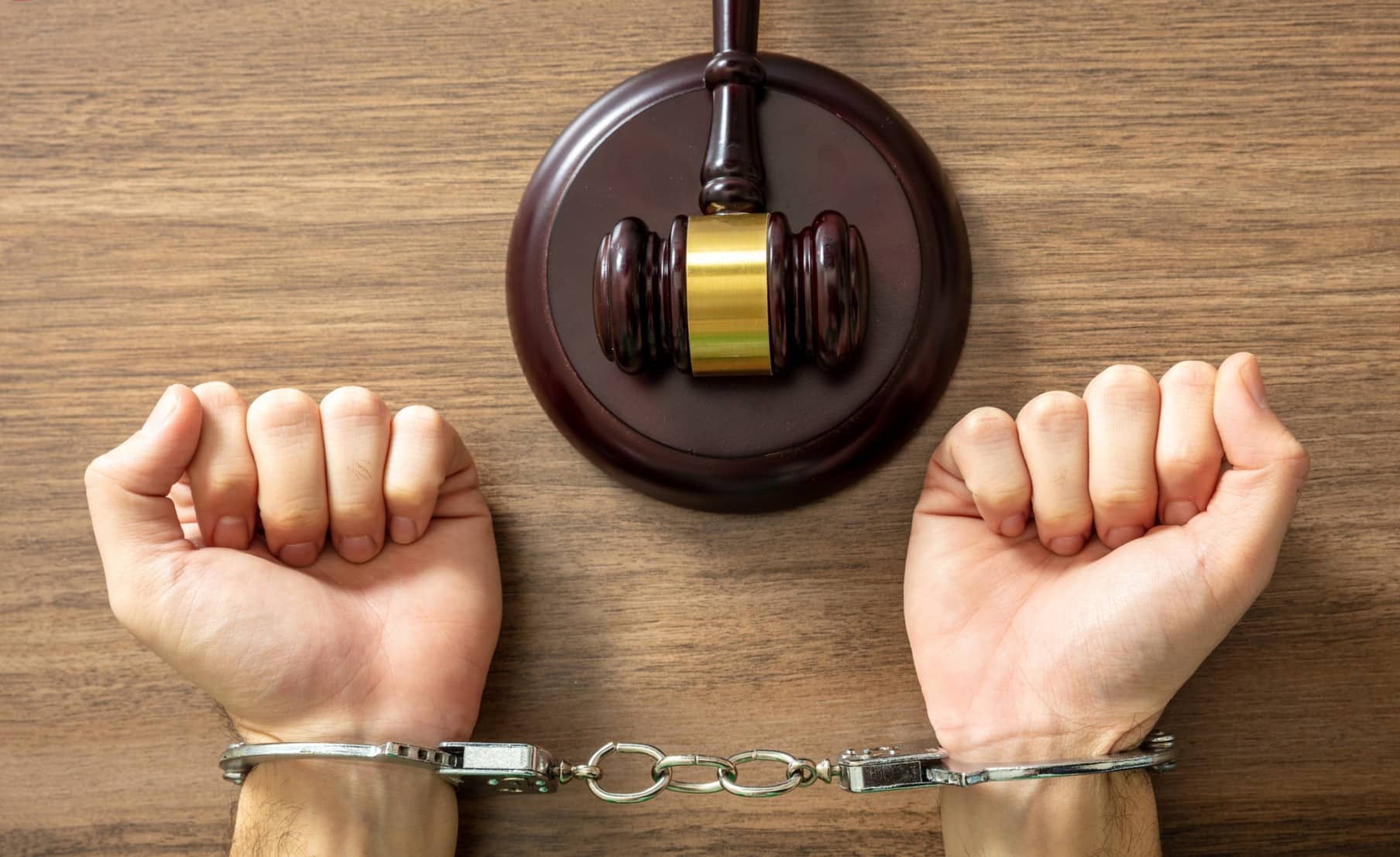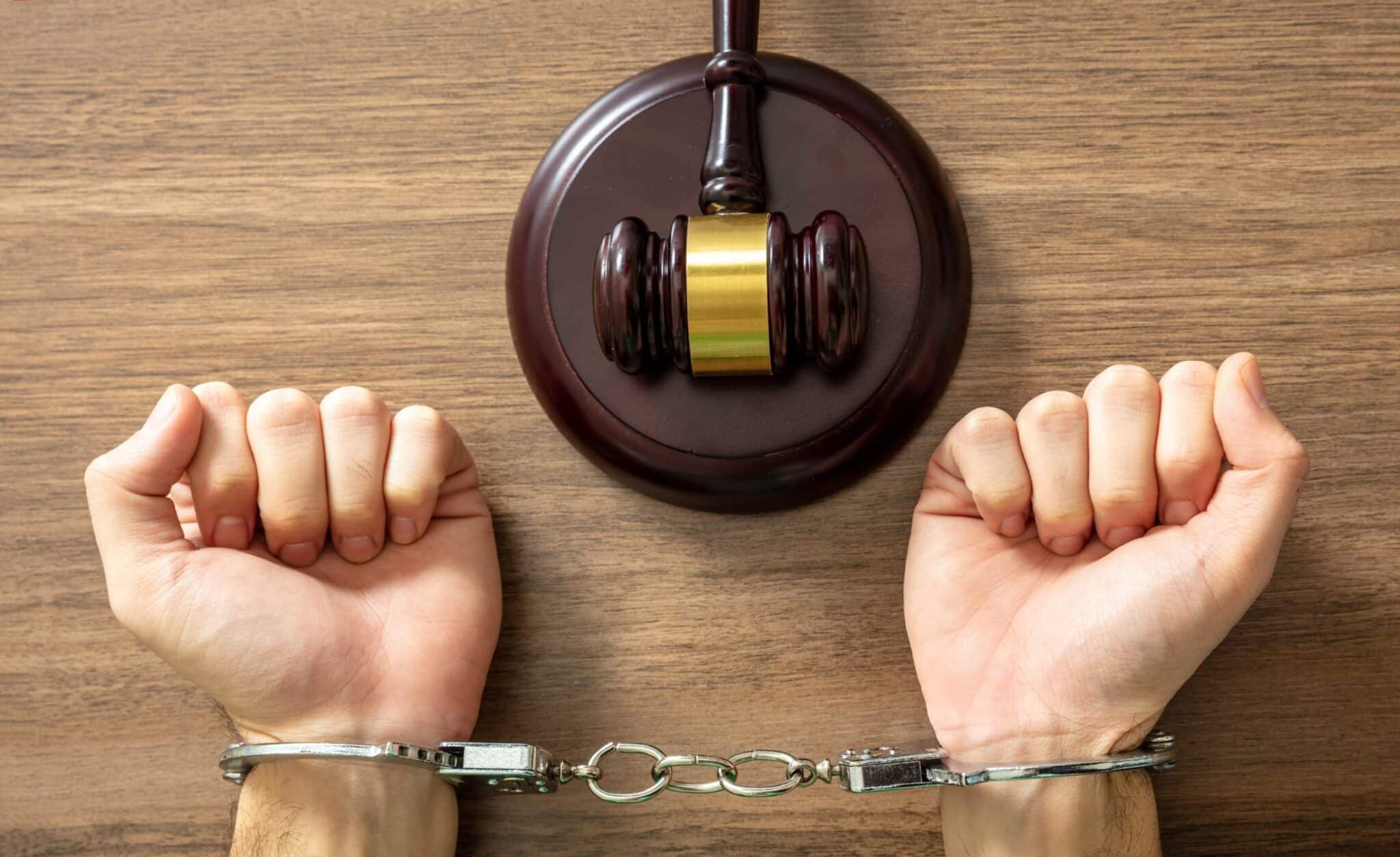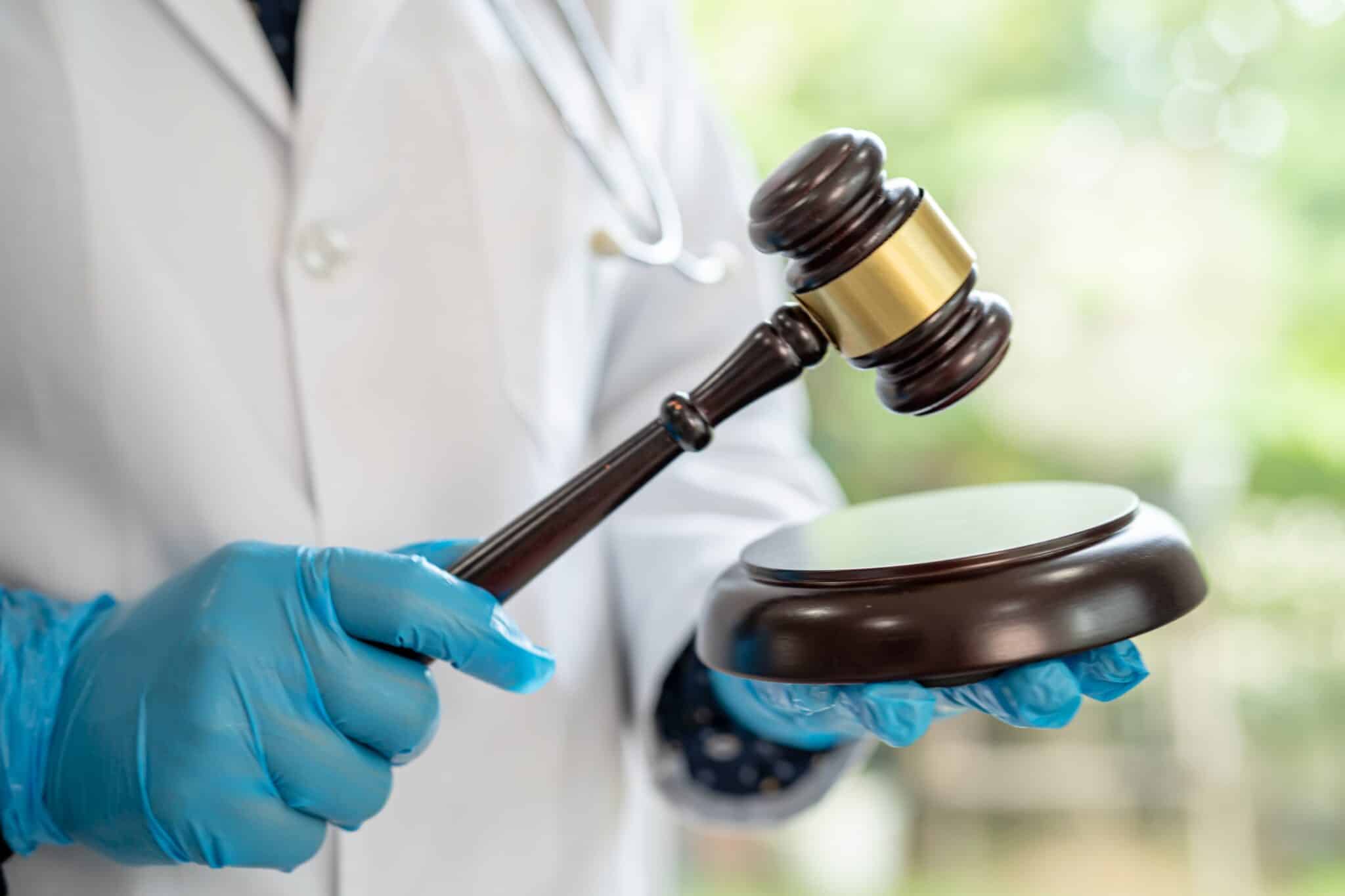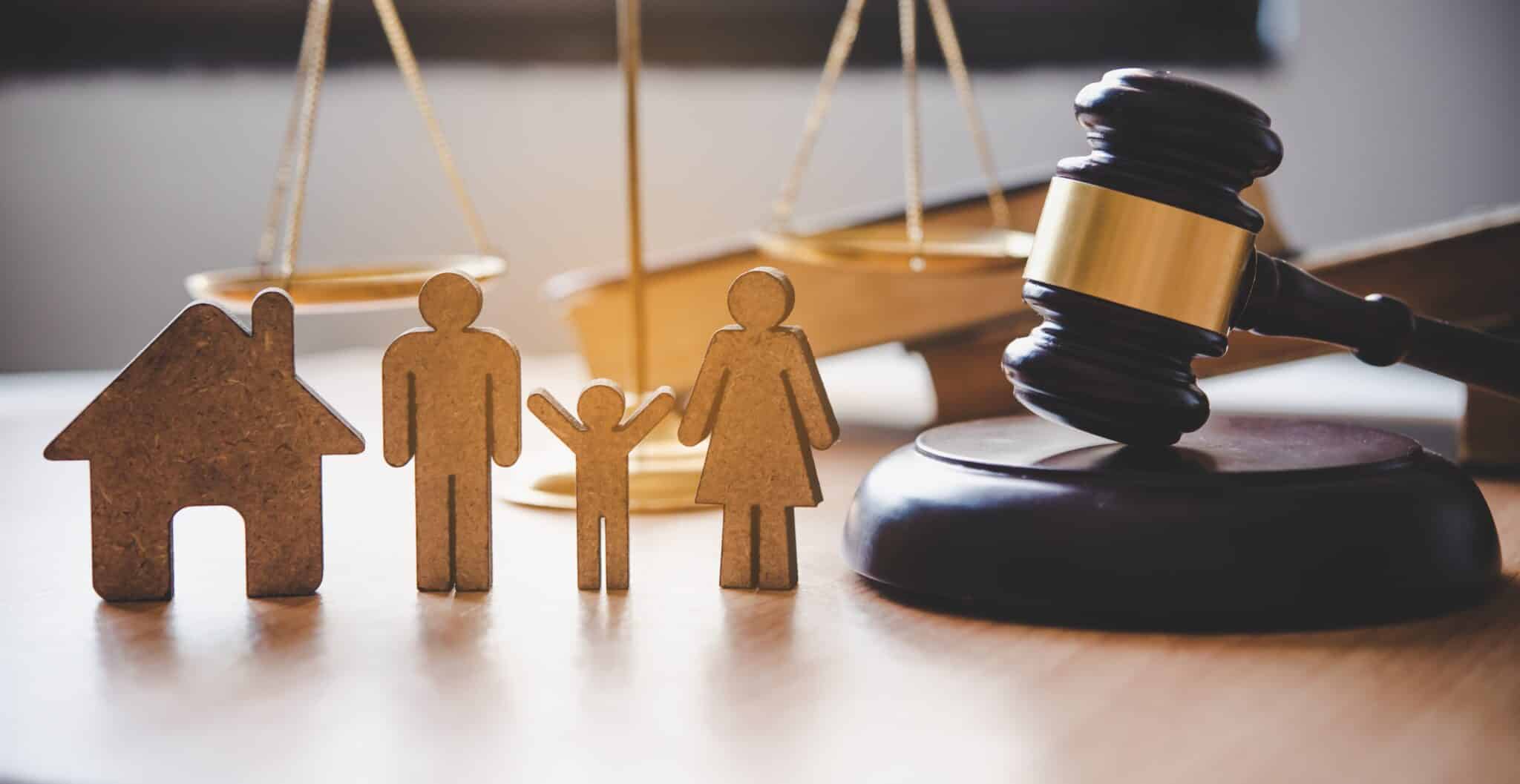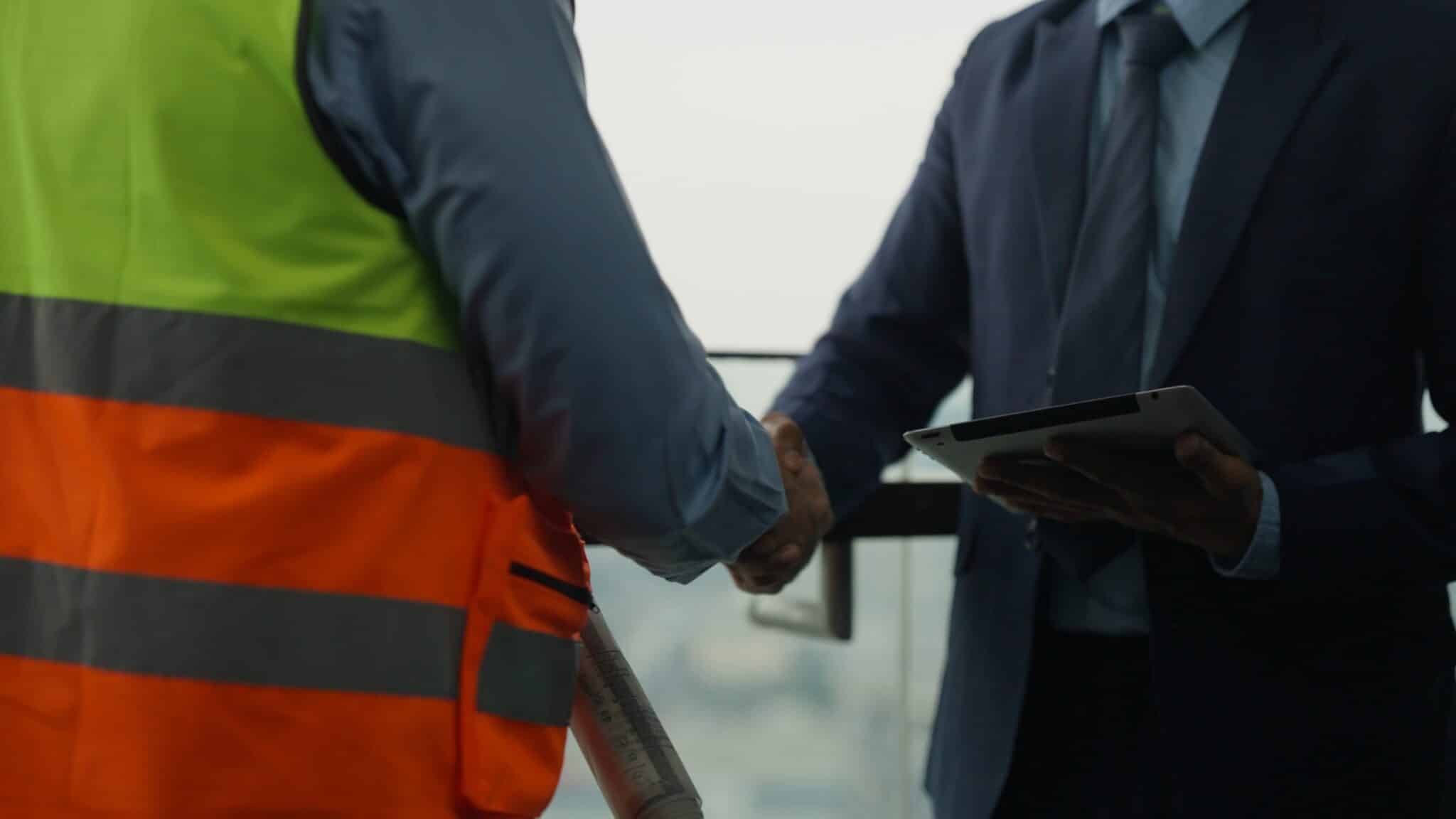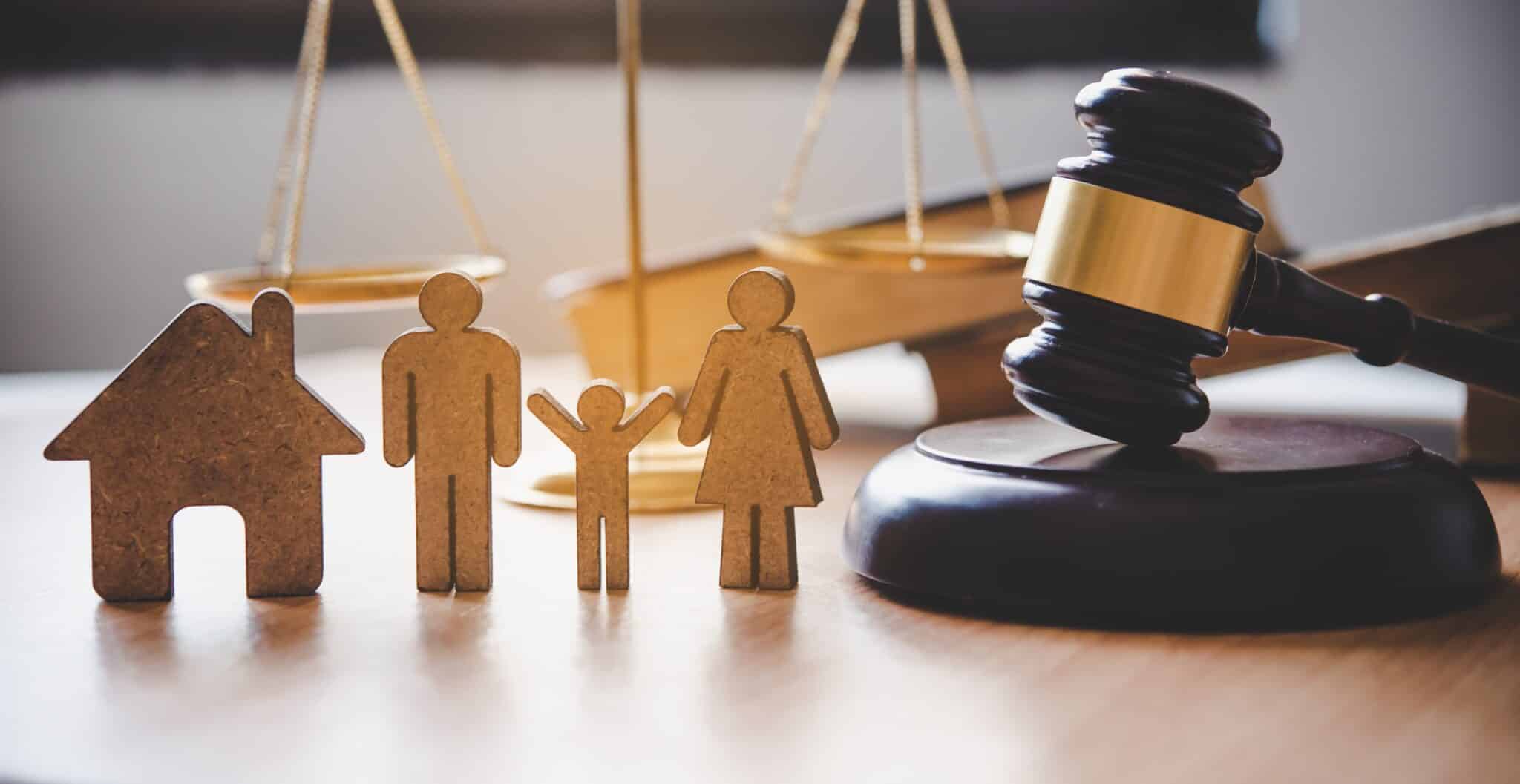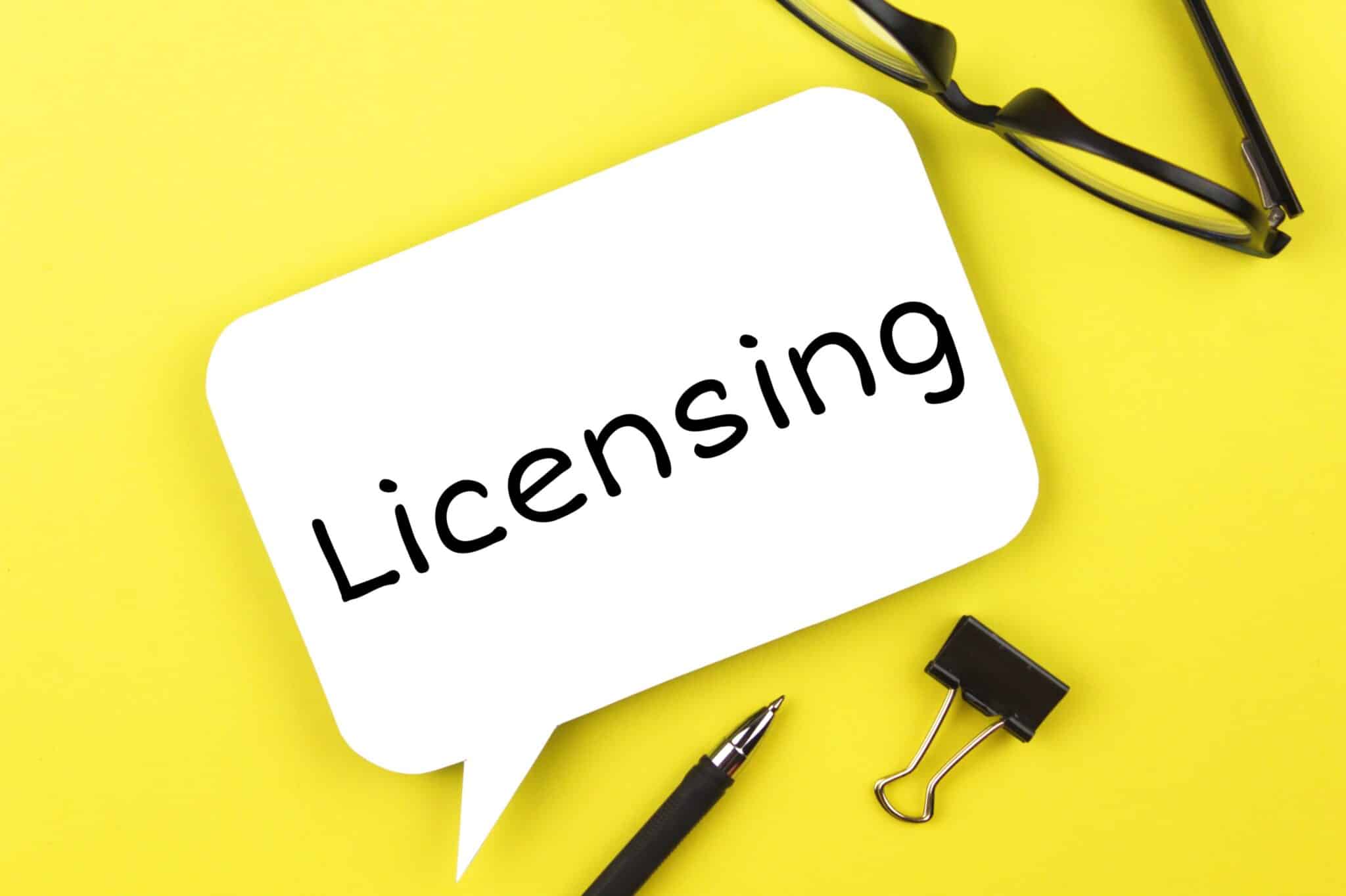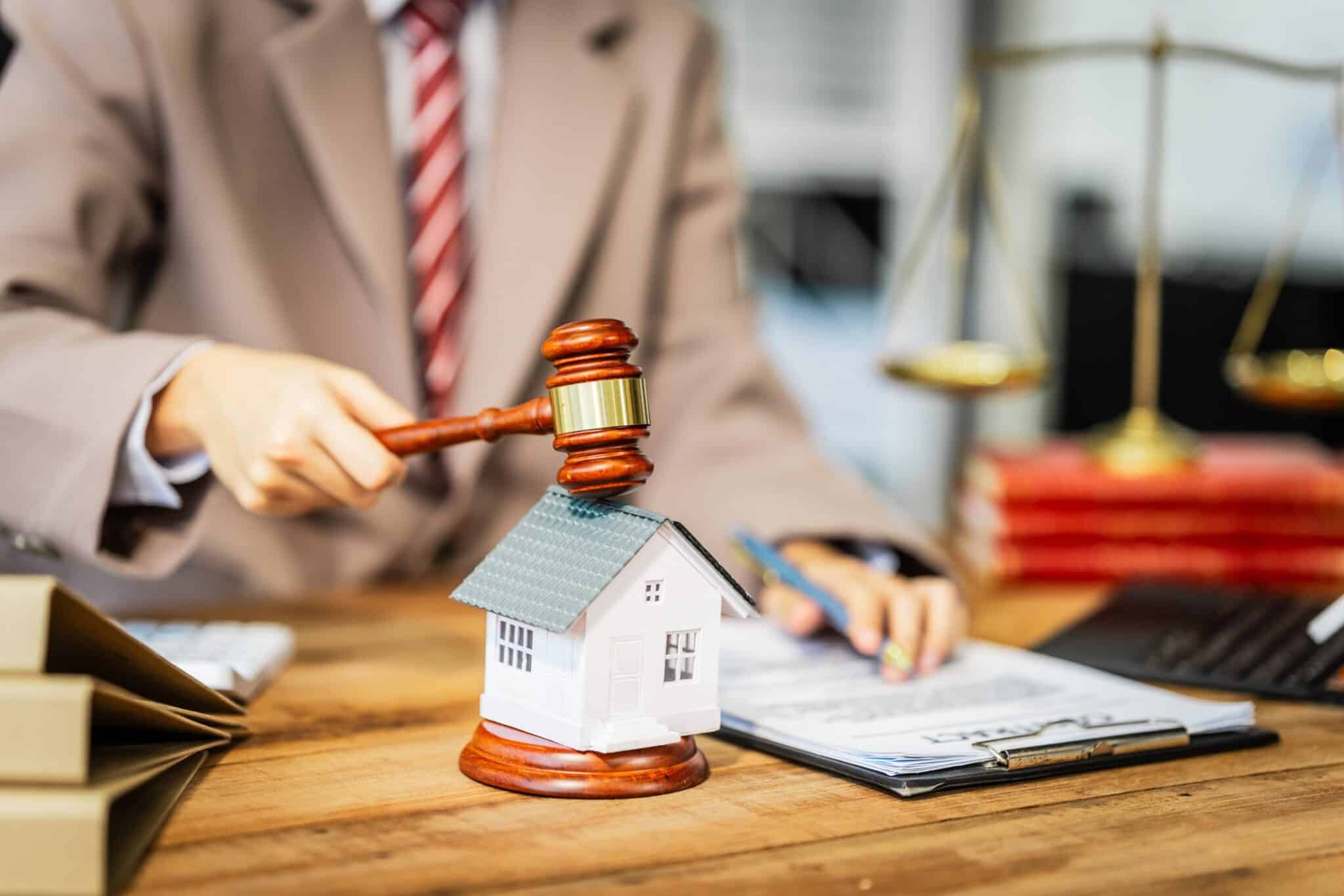Kansas City homeowners face one of the fastest foreclosure processes in the country. From the first notice of sale to losing your house can take as little as 30 days.
I’ve watched property owners in Jackson County and Clay County get blindsided because they assumed they’d have months to figure things out. They don’t. Missouri’s non-judicial foreclosure system moves brutally fast compared to most states.
How Foreclosure Works in Kansas City
Missouri allows non-judicial foreclosure, which means lenders can sell your property without ever going to court. Almost every residential foreclosure in Kansas City uses this process because it’s faster and cheaper for lenders.
Understanding Deed of Trust in Kansas City Foreclosures
When you bought your Kansas City property, you signed a deed of trust instead of a traditional mortgage. That deed of trust includes a “power of sale” clause giving your lender the right to sell your property through a trustee if you default.
The trustee is named in your deed of trust documents. They act as the middleman between you and the lender during foreclosure.
When Kansas City Foreclosure Can Start
Federal law requires lenders to wait until you’re more than 120 days delinquent before officially starting foreclosure. This 120-day period gives you time to apply for loan modifications or other loss mitigation options.
But Missouri state law is more aggressive. You can technically be just 10 days late before the lender begins the process, though the federal 120-day rule usually controls for residential properties.
Foreclosure Notice Requirements in Missouri
Once you hit 120 days past due, the trustee publishes a notice of sale in a newspaper. In Kansas City and other areas with populations over 50,000, that notice runs 20 times leading up to the sale date.
The trustee must also send you written notice by certified or registered mail at least 20 days before the sale.
That’s it. No court hearing. No judge reviewing the case. Just newspaper notices and a certified letter.
Kansas City Foreclosure Sale Process
Foreclosure sales happen at the county courthouse during business hours. Usually on the steps or in a designated room. An employee from the law firm handling the foreclosure reads the legal description and takes bids.
The lender typically makes an opening bid. They can bid up to what you owe them, or less. Whoever bids highest gets the property.
Sales are cash only in Missouri. No financing allowed at foreclosure auctions.
Kansas City Foreclosure Timeline from Start to Finish
From your first missed payment to losing your house typically takes 5-6 months in Kansas City.
Here’s the breakdown:
You miss payments for 120 days while the lender tries to work with you or waits out the federal requirement. Then the trustee publishes the first notice of sale. Twenty days later (or slightly more depending on publication schedule), your house sells at auction.
That final 20-30 day window is where people panic. By the time you realize how serious things are, you’re often weeks away from sale.
I’ve seen homeowners who thought they had plenty of time suddenly discover their sale date is next Tuesday. Missouri doesn’t give you the buffer that judicial foreclosure states provide.
What Happens After the Foreclosure Sale
If you don’t leave voluntarily, the new owner files an unlawful detainer (eviction) lawsuit. Missouri evictions move fast. You might have another 30-45 days before the sheriff shows up, but not much more.
Your Limited Redemption Rights
Missouri gives you the right to redeem your property after foreclosure, but only under very specific conditions.
You can redeem only if the lender bought your property at the sale. If a third-party investor bought it, you have no redemption rights at all.
Even when you do have the right, the requirements are prohibitive:
You must give written notice of your intent to redeem either at the sale itself or within the 10 days before the sale. Most people don’t even know this requirement exists.
You must post a bond within 20 days of the sale covering the purchase price plus interest, taxes, legal fees, foreclosure costs, damages, and an additional 6% interest.
You then have one year from the sale date to come up with the full redemption amount.
Nobody redeems. If you couldn’t keep up with regular mortgage payments, you’re not coming up with the full purchase price plus costs within a year of losing your house.
Deficiency Judgments in Kansas City
Here’s the part that surprises people: losing your house to foreclosure doesn’t necessarily end your debt.
If your Kansas City property sells for less than what you owe, the lender can file a separate lawsuit for a deficiency judgment. They can come after your wages, bank accounts, and other assets for the difference.
The deficiency amount in Missouri is almost always the total debt minus the actual sale price, even if your house sold below market value at auction. Courts don’t usually question whether the sale price was fair.
Say you owe $180,000 and your house sells at foreclosure for $130,000. The lender can sue you for the $50,000 difference plus their legal costs.
Some lenders pursue deficiencies aggressively. Others write them off. It depends on whether they think you have assets worth chasing.
How Kansas City Differs from the Kansas Side
Kansas City, Kansas (Wyandotte County) and the Kansas suburbs across the state line operate under completely different foreclosure laws.
Kansas Uses Judicial Foreclosure Instead
Properties in Kansas City, Kansas, Overland Park, Lenexa, or anywhere in Johnson County or Wyandotte County face a court-based foreclosure process. The lender has to file a lawsuit, serve you with legal papers, and get a judge’s approval before selling your property.
That process takes 4-6 months minimum, often longer if you contest the case. You get 21-41 days to respond to the lawsuit depending on how you’re served. You can raise defenses and force the lender to prove their case in court.
Kansas also gives you up to 12 months to redeem your property after the foreclosure sale (though this drops to 90 days if you defaulted before paying off one-third of the loan).
Why State Lines Matter for Kansas City Property Owners
If you own property on the Missouri side (the vast majority of Kansas City), you face the fast 30-day non-judicial process I described above.
If you own property on the Kansas side, you face the slower judicial process with more opportunities to fight back or find alternatives.
The state line creates two completely different foreclosure experiences in the same metro area.
State-by-State Differences That Matter Nationally
Missouri’s foreclosure process is faster than most of the country, but not the fastest.
Judicial Foreclosure States Take Much Longer
States like Florida, New York, New Jersey, Illinois, and Connecticut require court proceedings for all foreclosures. These states typically take 12-18 months or longer from first missed payment to completed foreclosure.
Homeowners in judicial states have more time to negotiate with lenders, apply for loan modifications, or explore alternatives like short sales.
Other Non-Judicial Foreclosure States
States like Texas, California, Arizona, and Georgia also allow non-judicial foreclosure. Each has its own notice requirements and timelines.
Texas foreclosures can happen even faster than Missouri – as quickly as 21 days after notice. California requires longer notice periods but still moves faster than judicial states.
Why Missouri Foreclosure Laws Favor Lenders
The 10-day provision in Missouri law (even though federal law usually controls) shows how lender-friendly the state is. The limited redemption rights and cash-only sale requirements further tilt things toward lenders.
Kansas City foreclosures move faster than the national average because Missouri designed its system for speed and efficiency from the lender’s perspective.
Federal Protections Apply Everywhere
Regardless of state law, federal mortgage servicing rules provide baseline protections in Kansas City and across the country.
Federal Loss Mitigation Requirements
Your servicer must inform you about foreclosure alternatives and evaluate any complete application you submit at least 37 days before a foreclosure sale.
They can’t proceed with the sale while reviewing your loan modification application. This creates a built-in pause if you act quickly enough.
The Federal 120-Day Delinquency Rule
Servicers generally can’t start foreclosure until you’re more than 120 days delinquent. This gives you a four-month window to get current or work out alternatives.
Exceptions exist – if you violate a due-on-sale clause or in certain other situations – but the 120-day rule protects most homeowners.
Military Servicemember Foreclosure Protections
Active duty military members get additional protections under the Servicemembers Civil Relief Act, including restrictions on foreclosure and default judgments.
These federal rules set the floor. Missouri adds very little on top, which is why Kansas City foreclosures move so fast once that 120-day period expires.
Avoiding the Foreclosure Headache by Selling Your Note
Most note holders don’t realize they can sell their mortgage note and eliminate foreclosure entirely.
Why Selling Your Mortgage Note Makes Financial Sense
Foreclosure is expensive and risky even in fast states like Missouri. You’re paying trustee fees and attorney fees. The property might get damaged. The borrower might file bankruptcy and drag things out for months.
Properties sell at auction for 60-70% of market value on average. After paying costs and junior liens, you often net less than you hoped.
Selling your note to a professional buyer gives you cash now instead of waiting months for an uncertain outcome.
How the Mortgage Note Sale Works
Note buyers purchase your mortgage note at a discount that reflects the risk they’re taking on. They might need to foreclose later, the borrower might file bankruptcy, the property might be worth less than appraised.
But you get paid immediately and walk away clean. No foreclosure costs, no risk, no waiting.
When to Sell Your Mortgage Note
Your borrower is multiple payments behind and foreclosure looks inevitable. You’d rather not manage the process yourself.
You need cash sooner rather than later. Waiting 5-6 months for foreclosure plus however long it takes to sell the property doesn’t work.
You don’t live in Kansas City anymore and don’t want to deal with Missouri foreclosure procedures from another state.
You’re realistic about the numbers. A note that’s 90 days past due won’t sell for 95% of face value. It might sell for 65-75% depending on the property condition, location, and borrower situation.
Mortgage Note Sale Pricing Factors
Your note has equity. A borrower owing $150,000 on a property worth $220,000 creates a note that sells well. A borrower owing $195,000 on a property worth $200,000 doesn’t.
The payment history shows the borrower tried. Notes with consistent payments (even if currently behind) sell better than notes that went straight into default.
The property is in decent condition. Note buyers discount heavily for properties needing major repairs.
What Happens if You Don’t Act
Ignoring foreclosure notices doesn’t make them go away. The process keeps moving whether you participate or not.
The Missouri Foreclosure Process Continues Without You
The trustee publishes the required notices. They send the certified letters. The sale date arrives.
Someone bids on your property (usually the lender). The trustee awards it to the high bidder.
You become a tenant with no lease. The new owner files eviction paperwork. The sheriff eventually shows up to remove you.
Foreclosure Impact on Your Credit Score
Foreclosure drops your credit score 100+ points. It stays on your report for seven years.
Future lenders see you as high risk. You’ll pay higher interest rates on everything from car loans to credit cards.
Deficiency Judgment Consequences
If the lender pursues a deficiency judgment, you’re on the hook for potentially tens of thousands of dollars.
They can garnish your wages, freeze your bank accounts, and place liens on other property you own.
The Bottom Line
The foreclosure process in Kansas City moves faster than most of the country because Missouri allows non-judicial foreclosure with minimal notice requirements.
You get 120 days of delinquency, then 20-30 days of published notices, then your house is gone. The entire process typically wraps up in 5-6 months from first missed payment to eviction.
Properties across the state line in Kansas City, Kansas face a different judicial process that takes longer and gives homeowners more opportunities to fight back.
If you’re holding a note secured by Kansas City real estate and your borrower is struggling, understand that Missouri’s foreclosure system favors lenders. It’s fast, efficient, and gives borrowers limited opportunities to delay or challenge the sale.
Selling your note before foreclosure becomes necessary eliminates the entire problem. You get immediate cash, the buyer assumes all foreclosure risk, and you move on without spending months managing trustee sales and potential deficiency lawsuits.


